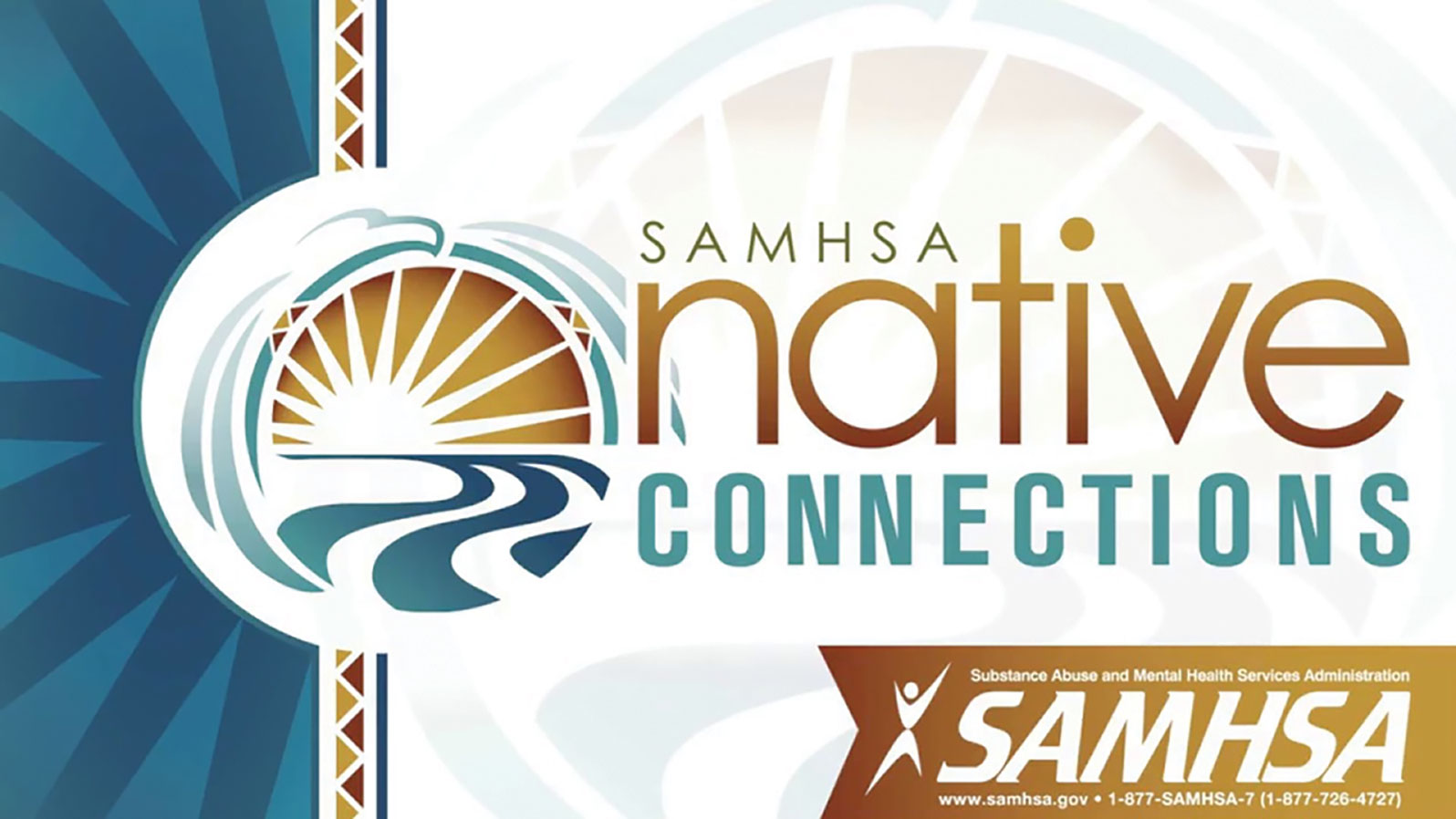The sausage effect.
The 2010’s showed our country had been immersed in an opioid epidemic that has affected countless lives. From the 1990’s and 2000’s began the meth epidemic, and 1980’s was the crack epidemic. Society’s interest in escape from reality through psychoactive drugs varies with the times. When society begins to squeeze on the supply of one drug, it creates a sausage effect. The sausage effect is an analogy, as when you squeeze one side of a pack of sausage, the other side becomes bigger. When society began cracking down on meth, opioid use began to rise. When society began cracking down on opioid pills, heroin use skyrocketed (Patterson, 2022).
Alcohol and Benzos? Alcohol use has and will likely always be a prevalent substance of choice for escape. Considering alcohol causes more death than any of the drugs listed above, it is interesting that society continues to accept alcohol use. Benzodiazepines (“Benzos”) are another class of drugs that is addictive and just as dangerous as alcohol when withdrawing from use. Benzos include Xanax, Valium, Klonopin, Librium, and Ativan. These drugs are thought of as alcohol in a pill, as they hit the same parts of the brain alcohol does, creating a similar effect. Like alcohol, Benzos are extremely dangerous. They are commonly prescribed, and withdrawal can cause seizures and be life threatening (Alcohol and Drug Foundation, 2021).
Many people addicted to alcohol and opioids become cross-addicted to Benzos, leading to higher rates of overdose. If anyone is addicted to Benzos, most detoxes will only accept that person if they can taper down from their Benzos. It is a process that should only be done under the supervision of a medical provider.
If anyone out there is struggling with addiction to Benzos, there is help available. For those who are struggling or know somebody who is struggling with mental health challenges such as stress, depression, and anxiety, there is help available. Please contact the Southern Ute Behavioral Health Division if you have any questions or need support: (970) 563-5700.
If you need to talk to someone, please reach out.
It’s okay not to feel okay. If you or someone you know has been struggling with their emotions, behaviors, or substance use please reach out to us. We can help you find appropriate tools and services that could help you overcome obstacles in your life. We are here for you. Please contact the Southern Ute Behavioral Health Division or the Native Connections Program at 970.563.5700 for more information or to set up an appointment to see a counselor or therapist.
References
Patterson, E. (2022). The history of drug abuse and addiction rehabilitation. DrugAbuse.com. https://drugabuse.com/addiction/history-drug-abuse/
Alcohol and Drug Foundation. (2021). Benzodiazepines. Benzodiazepines – Alcohol and Drug Foundation. Benzodiazepines – Alcohol and Drug Foundation (adf.org.au)
Local Resources
- Southern Ute Health Center Behavioral Health Division: 4101 CR 222 Durango, Co 970-563-5700. For local Native Americans. We are here to support mental health, substance use prevention, treatment, and recovery. Please call to schedule an appointment to talk to someone.
- Southern Ute Division of Social Services: 116 Capote Drive, Ignacio, CO 970-563-2331 or dss@southernute-nsn.gov for local Native Americans needing assistance with child welfare needs and family support.
- Southern Ute Police Department: Anonymous Tip Hotline Do you have information about a crime? Please call 970-563-4999. This “Tip Line” was designed to allow you the ability to provide law enforcement with information, anonymously, if need be, regarding criminal, drug, or suspicious activity. The “Tip Line” is monitored around the clock by SUPD Investigators, but it DOES NOT replace 9-1-1 or the non-emergency police number (970) 563-4401.
- St Ignatius Catholic Church: Pastor Cesar Arras, 14826 CO-172, Ignacio, CO 970-563-4241.
- Ignacio Community Church: Pastor Randall Haynes 405 Browning Ave, Ignacio, CO (currently located inside ELHI) 970-759-3633
- Second Wind Fund of the Four Corners: Believes that every child and youth at risk of suicide should have access to the mental health treatment they need. We match children and youth at risk for suicide with licensed therapists in their communities, 720-962-0706.
- Women’s Resource Center: Creates personal, social, and professional growth opportunities for all women in La Plata County, 970-247-1242.
24/7 State or National Resources
- Colorado Crisis Line: 844-493-8255 or Text “TALK” to 38255. You’ll immediately be put in contact with a trained counselor, ready to text with you about anything.
- 24/7 Axis Care Line SW Colorado: 970-247-5245 or Text 741741
- The National Suicide Prevention Lifeline: Has both an online chat and a 24/7 phone line at 1-800-273-8255 if you are thinking of suicide or need help for a loved one.
- The Trevor Project: Which seeks to serve LGBT youth, has a 24/7 suicide prevention line at 866-488-7386.

